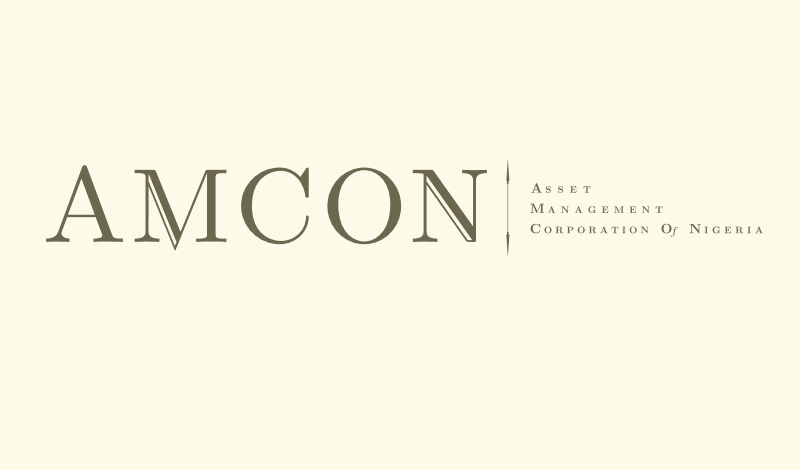
*Ex-SGF, Mustapha, demands diplomatic engagement with other nations, collective effort to tackle insecurity
Chuks Okocha in Abuja and Blessing Ibunge in Port Harcourt
Former Special Adviser to President Bola Tinubu, Hakeem Baba-Ahmed, has blamed successive Nigerian governments for the country’s insecurity, saying poor leadership over the last decade is mainly responsible for the current state of insecurity.
This is as former Secretary to the Government of the Federation (SGF), Mr. Boss Mustapha, has urged Nigeria to deploy all its diplomatic resources to engage with other nations to tackle insecurity in the country.
Speaking on ARISE NEWS Channel at the weekend, Baba-Ahmed said, “The situation is more dire; the challenges are more serious; the threats are more varied; the sources of these threats are more varied.”
He added, “The only thing that has been consistent all along is that we have had bad leaders going as far back as perhaps after President Yar’Adua. All the way, all through the last 10, the last 15 years, this country has been poorly led. Everything that happens to this country, you can visit it on the doorstep of our leadership. This is a great country, with great people, which bad, indifferent leaders have poorly served.”
Baba-Ahmed also assessed the performance of current and previous administrations on security, stating, “We are where we are today because our leaders have failed us. President Tinubu has failed us. The president before him, for eight years, had done virtually nothing about the growing insecurity in our lives. The president before him hasn’t done much either. And here we are.”
He further addressed international perceptions, particularly from the United States, noting that Nigeria’s security situation has become increasingly complex over the years.
“If you go back to 2009, when the first uprising of Boko Haram occurred, to where we are today, the mutation of some of these problems, and also the addition of new challenges, has changed the face of this conflict entirely. We’re not really talking about the same Nigeria. Nigeria today is dramatically different from Nigeria of even 10 years ago,” he said.
Baba-Ahmed also commented on recent US claims and Donald Trump’s threat of military intervention.
“America would not fix Nigeria. That is the last thing we need — an America breathing down our neck and making Nigeria weak because we can buckle under. And that is not good for this country.
“The intelligence and the statistics are grounds for this action. It does not indicate that you’re dealing with a well-informed leadership that recognises the fact that they are dealing with a very complex country.”
The former presidential aide also spoke about Nigeria’s strategic importance, adding, “Nigeria holds a huge strategic position in the geopolitics, in the Sahel, in West Africa, in Africa.
“It’s not the kind of country where you have a president who is used to getting his way, who says, ‘Okay, now give me Nigeria, bring Nigeria to the table, I’ll deal with it the way I want to.’ And the language of the Americans is not very encouraging.”
Baba-Ahmed’s remarks come amid comments by US President Trump, who, in a video posted by the White House, alleged that “thousands and thousands” of Christians were being killed in Nigeria by what he called “radical Islamists,” describing the situation as an “existential threat to Christianity.”
The Federal Government of Nigeria, however, rejected the allegation, describing it as false and misleading, and highlighted its ongoing fight against insecurity under President Bola Tinubu, stressing that efforts were ongoing to strengthen interfaith dialogue and community reconciliation in areas affected by violence.
Meanwhile, former SGF, Mr. Mustapha, has urged Nigeria to deploy all its diplomatic resources to engage with other nations to tackle insecurity in the country.
Mustapha, who stated this yesterday in an interview with the News Agency of Nigeria (NAN) in Port Harcourt, the Rivers State capital, also urged Nigerians to work together to address the country’s persistent security challenges to ensure peace and stability.
The former SGF was in Port Harcourt for the National Conference of the Full Gospel Business Men Fellowship (FGBMF).
He said the security challenges and agitations were becoming a pandemic across Sub-Saharan Africa, where collective responsibility was needed to ensure peace.
Mustapha expressed concern about the country’s security situation, describing it as a recurring issue that has persisted across multiple administrations.
He explained that the administrations included those of Presidents Umaru Musa Yar’Adua, Goodluck Jonathan, Muhammadu Buhari, and President Bola Tinubu, adding that Nigeria’s security challenge was not new.
He recalled that the President Buhari administration engaged with the Office of the Secretary of State (United States of America) through the Ministry of Foreign Affairs.
He explained that the engagement was to address concerns raised by the international community, particularly the USA, over the security situation in Nigeria.
Mustapha noted that the government convinced the US government that its concerns were being addressed, leading to the country being removed from a list of countries with religious freedom concerns in 2021.
He emphasised the need for Nigeria to deploy all its diplomatic resources to engage with other nations and attract investments.
’’Security is a collective effort that requires intelligence gathering, dissemination, and harmonisation of approaches,’’ he said.
Mustapha expressed his desire to see Nigeria return to normalcy as quickly as possible and praised the current government’s efforts to address the security challenges.
He identified the conflict in Nigeria as hydra-headed, with religious, economic, and land-control dimensions. He stressed the need for the government and citizens to work together to address it.
Mustapha also emphasised the importance of productivity and investment in industries to drive economic growth and reduce inflation.
The former SGF urged Nigerians to support the government’s efforts to address the security challenges and promote economic development.


